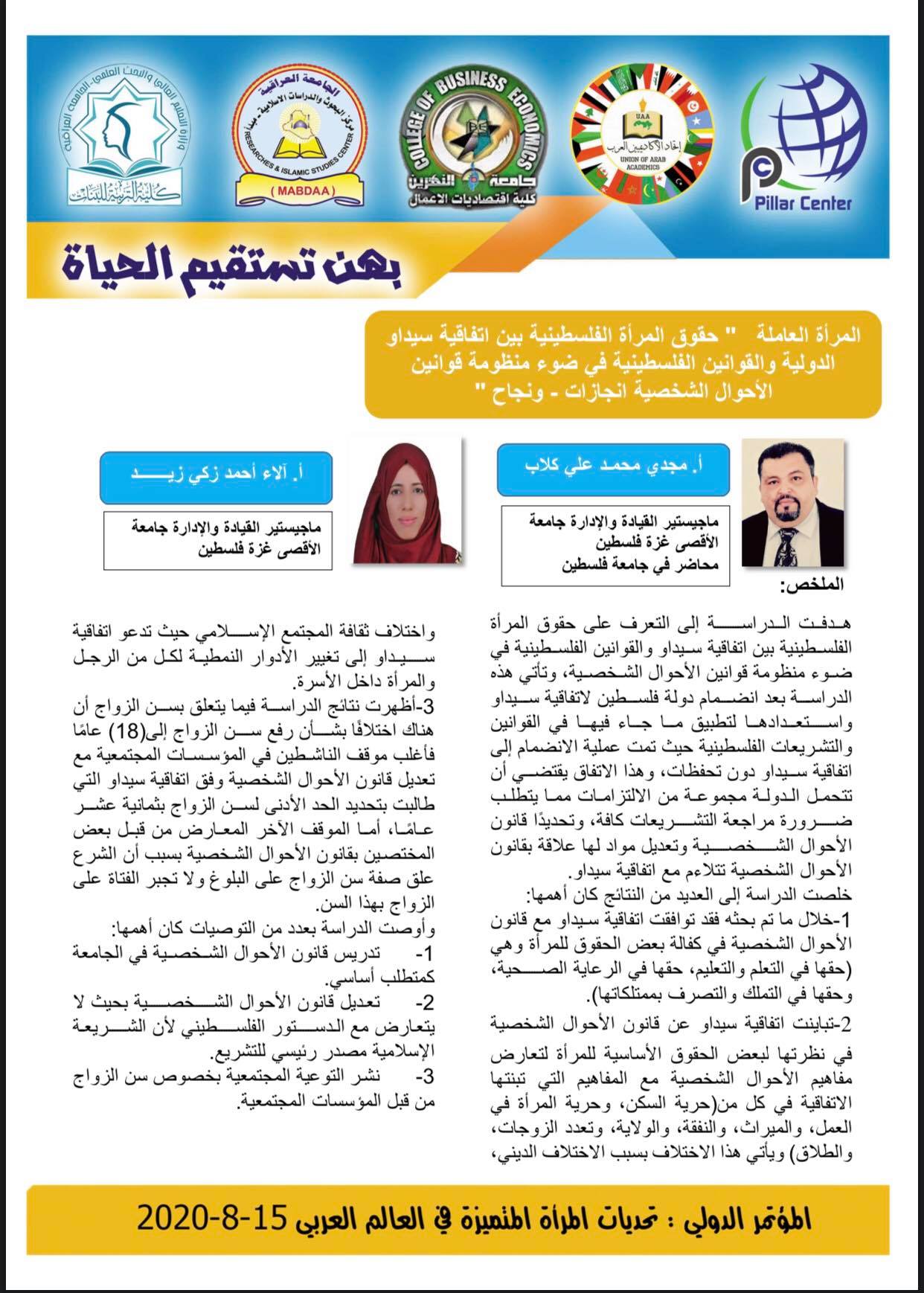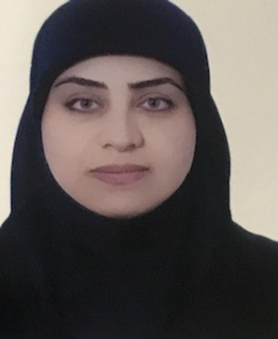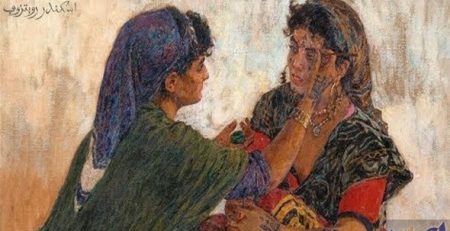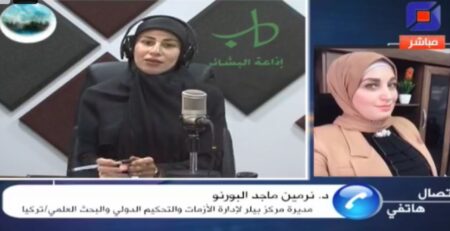Working Women: “Palestinian Women’s Rights between CEDAW International Convention and Laws in the Light of the Personal Status System”
| Mr. Majdy Mohamed Kullab
Master’s in Leadership and Management – Al-Aqsa University Gaza, Palestine Lecturer at the University of Palestine |
Ms. Alaa Ahmed Zeid
Master’s in Leadership and Management – Al-Aqsa University Gaza, Palestine |
Summary:
The study aimed to identify the rights of Palestinian women between CEDAW and the Palestinian laws in the light of the system of personal status law. It requires the state to bear a set of obligations, which requires the need to review all legislation, specifically the Personal Status Law, including amending articles related to the Personal Status Law in line with CEDAW.
The study concluded several results, the most important of which were:
- During what was discussed, CEDAW agreed with the Personal Status Law in ensuring some rights for women, namely: their right to education and learning, their right to health care, and their right to own and dispose of their property.
- CEDAW differed from the Personal Status Law in its view of some basic rights for women because the concepts of personal status conflict with the concepts adopted by the Convention in each of: freedom of housing, freedom of women to work, inheritance, alimony, guardianship, polygamy, and divorce. This difference comes due to differences and culture in the Islamic societies, as the CEDAW Convention calls for changing the stereotypical roles of both men and women within the family.
- The results of the study with regard to the age of marriage showed that there is a difference regarding raising the age of marriage to 18 years, as most of the position of activists in community institutions with the amendment of the Personal Status Law in accordance with the CEDAW agreement, which demanded setting the minimum age for marriage at 18 years, while the other position is opposed by some personal status law specialists because Sharia has suspended the qualification of the age of marriage to puberty while the girl is not forced to marry at this age.
The study made a number of recommendations, the most important of which were:
- Teaching Personal Status Law at the Universities as a prerequisite.
- Amending the Personal Status Law so that it does not contradict the Palestinian constitution, because Islamic Sharia is a major source of legislation.
- Spreading societal awareness regarding the age of marriage by societal institutions.













Leave a Reply